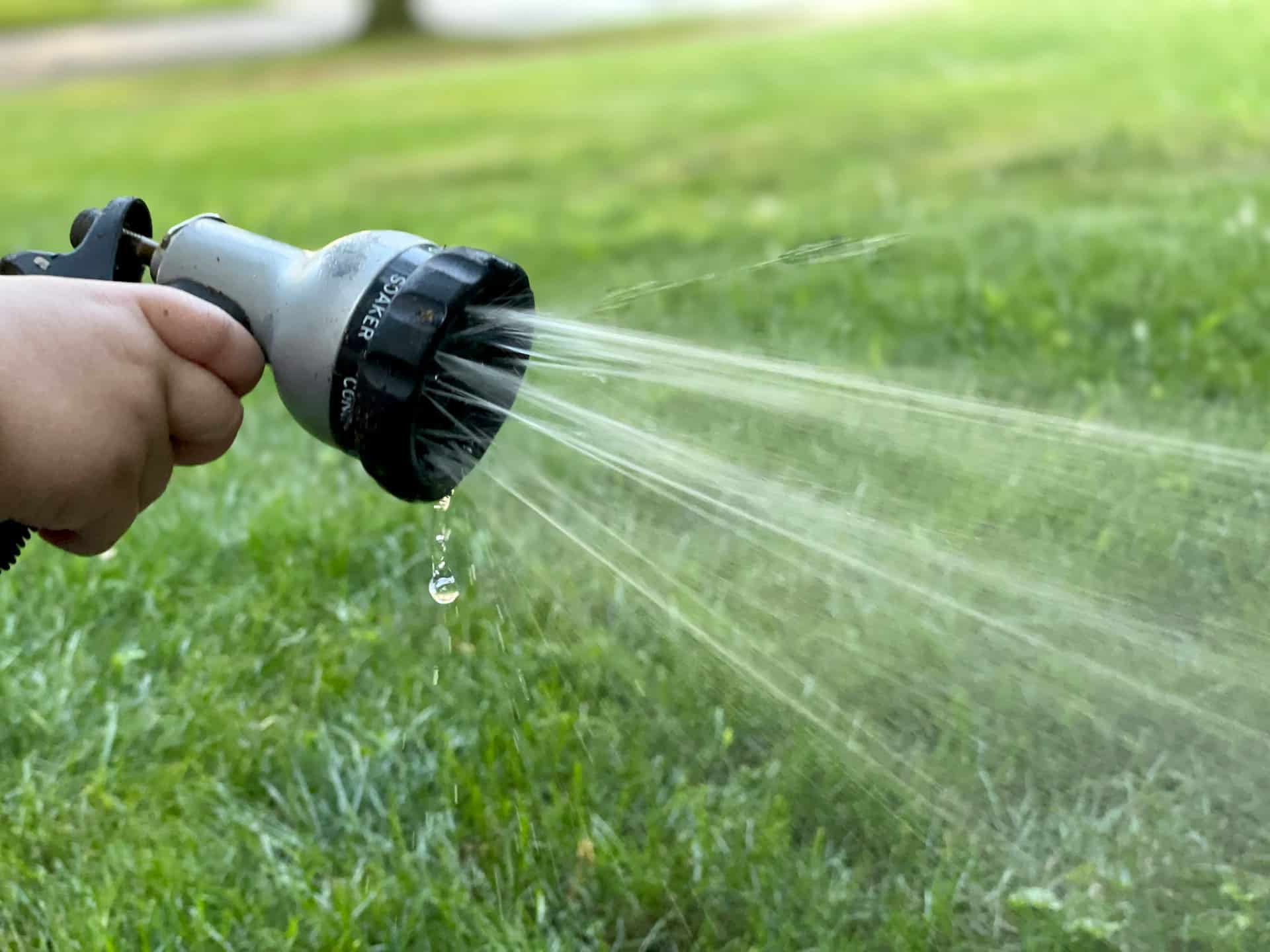In a world increasingly aware of the environmental impacts of human activities, the UK government is taking bold action to protect both human health and the environment. Pesticides, a group of chemicals widely used in agricultural practices, have been under the spotlight in recent years due to their potential risks to human health and the environment. Recent policy changes in 2023 now target the use of these potentially toxic substances near water sources. This article will explore the specifics of these new restrictions, their implications for agricultural practices, wildlife, and public health, and the role of the European Chemicals Agency (ECHA) in this process.
New Restrictions on Pesticide Use Near Water Sources
The relationship between pesticides and the environment has long been a contentious issue. The potential risks these chemicals pose to both human health and wildlife, especially when they infiltrate water sources, have led to strong calls for stricter regulation. In response, the UK government has enacted fresh legislation in 2023 imposing severe restrictions on the use of pesticides near water sources.
A voir aussi : What are the requirements for installing a wind turbine on private property in the UK in 2023?
This policy change is aimed at reducing the amount of pesticide runoff entering groundwater and surface water, thereby protecting aquatic ecosystems and public health. Pesticides can contaminate water through spray drift or runoff from agricultural fields, posing a significant risk to aquatic life, wildlife, and humans who rely on these waters for drinking, bathing, and irrigation.
The new regulations stipulate that pesticides cannot be used within a certain distance of open water bodies, ditches, and wells. The specific exclusion zones vary depending on the type of water source and the specific pesticide used, acknowledging the different risks posed by different chemicals and exposure scenarios.
Sujet a lire : How to apply for the UK emergency medical training subsidy for rural clinics in 2023?
Implications for Agricultural Practices
The new restrictions have significant implications for agricultural practices. Farmers and other agricultural workers, who rely heavily on pesticides to protect their crops from pests, will need to adapt their methods to comply with the new regulations.
This may involve changing the types of pesticides they use, adopting different techniques for applying them, or even switching to entirely different strategies for pest control. For some, this could mean considering organic farming methods or exploring other forms of integrated pest management.
Farmers may also need to increase their vigilance in monitoring for pest damage, as reduced pesticide use could increase the vulnerability of crops to pests. This may require additional resources, including time and money, and potentially put smaller farmers at a disadvantage.
The government has pledged support to help farmers adapt to these changes. This includes providing access to information and training, financial aid for those who need to make significant changes to their farming practices, and assistance in developing and implementing alternative pest management strategies.
Impact on Wildlife and Aquatic Ecosystems
The restrictions on pesticide use near water sources are expected to have a significant positive impact on wildlife and aquatic ecosystems. Pesticides, particularly those that are toxic to non-target organisms, can have devastating effects on wildlife.
Aquatic organisms, including fish and amphibians, are particularly vulnerable to pesticide exposure, as pesticides that enter water bodies can accumulate in aquatic food chains. By reducing pesticide contamination of water sources, the restrictions will help protect these sensitive species and the ecosystems they inhabit.
Similarly, restrictions will protect terrestrial wildlife that relies on water sources for drinking or habitat. Pesticides can affect wildlife directly, by causing illness or death, or indirectly, by impacting their food sources or habitat.
The Role of the European Chemicals Agency (ECHA)
The ECHA has played a critical role in informing the development of these new restrictions. The ECHA is responsible for evaluating the risks posed by chemicals, including pesticides, and providing scientific advice to guide policy decisions.
In the case of these new restrictions, the ECHA’s analysis of the environmental and health risks associated with pesticides has been instrumental in shaping the policy. This includes the identification of specific pesticides of concern, the evaluation of the risks they pose to different water sources, and the development of recommendations for risk management.
The ECHA will also play a key role in monitoring the effectiveness of the restrictions and providing ongoing advice to support their implementation and revision as necessary. Ensuring the safety of chemicals is a dynamic process, requiring continual assessment and adaptation in response to new information and changes in use patterns.
With these new restrictions, the UK is taking a significant step towards reducing the risks posed by pesticides to the environment and public health. The challenges this poses to agricultural practices are substantial, but with support from the government and guidance from the ECHA, the transition can be achieved in a way that protects both our food supply and our natural world.
Ongoing Public Consultation and National Action
The introduction of these new restrictions was preceded by an extensive public consultation process, ensuring that the views and concerns of all stakeholders were taken into account. This includes farmers, environmentalists, and the general public, who all have a vested interest in ensuring the safe and responsible use of pesticides.
The public consultation process provided an opportunity for these stakeholders to express their views on the proposed restrictions, and to suggest possible alternatives. The feedback received during this process was instrumental in shaping the final policy, ensuring that it is both effective in achieving its environmental and health objectives, and practical for those affected by it.
The new restrictions form part of a broader national action plan aimed at promoting the sustainable use of pesticides. This plan, which aligns with the objectives of the Stockholm Convention and the guidance provided by the European Commission, includes a range of measures to minimise the risks and impacts of pesticide use. These include promoting the use of low-risk pesticides and alternative pest management strategies, enhancing the monitoring of pesticide residues in food and the environment, and improving the information available to pesticide users and the public about the risks and safe use of pesticides.
Conclusion: Looking Ahead
The new restrictions on pesticide use near water sources in the UK represent a significant step towards better environmental protection and public health. This move illustrates the UK government’s commitment to sustainable farming practices and its dedication to preserving its rich biodiversity.
The approach taken by the UK government aligns with an international trend towards stricter regulation of pesticides, as recognised in initiatives such as the Stockholm Convention. It also aligns with the guidance provided by the European Commission and implemented by other member states, reflecting a broader regional and global commitment to reducing the environmental and health risks associated with pesticide use.
While the restrictions pose challenges for farmers and other pesticide users, particularly those growing crops such as sugar beet where pests can be a significant problem, the government’s commitment to supporting the transition to more sustainable pest management strategies should help mitigate these challenges. Indeed, companies like British Sugar will continue to play a major role in ensuring that this transition is successful.
Ongoing public consultation and collaboration with organisations like the Wildlife Trusts and the Environment Agency will be critical to ensuring that the restrictions are effectively implemented and enforced, and that they deliver the anticipated benefits for the environment and public health.
In conclusion, the restrictions demonstrate that it is possible to balance the need for effective pest control with the need to protect our environment and health. They serve as a model for other countries considering similar action and offer hope for a more sustainable and healthier future.










